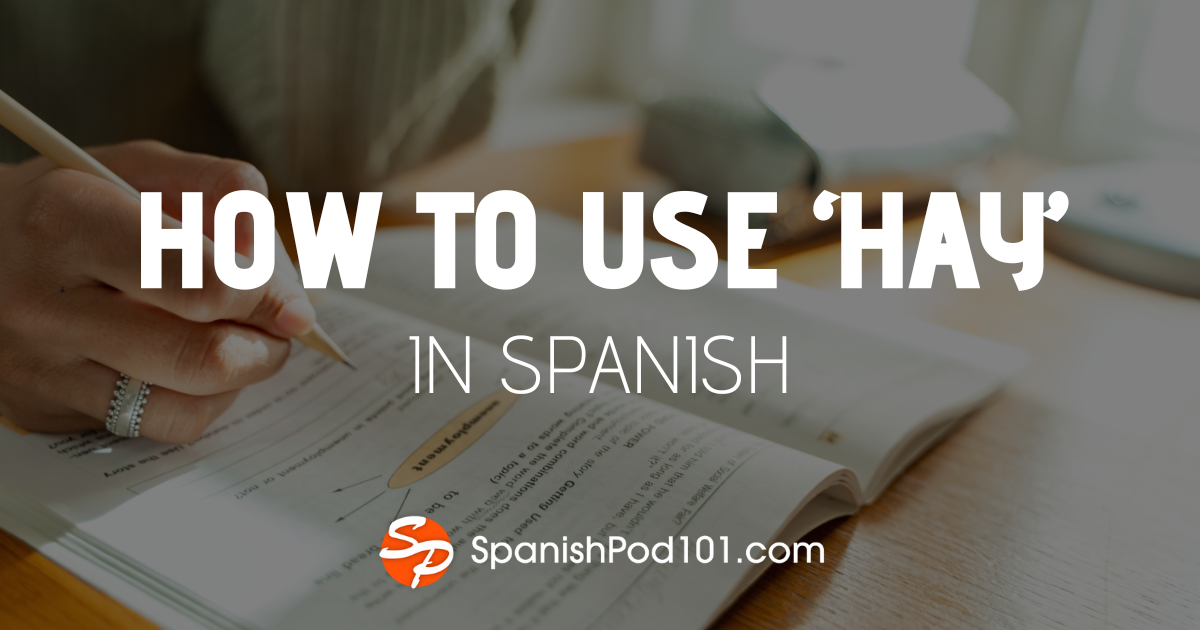February 18, 2008
Practical Concerns
My son has been terribly sick… again. So I decided to take this opportunity to talk about practical health concerns in Mexico.
Americans are known for being very, shall we say, particular about what we eat, where we sleep and the risks we are willing to take. In the School for Foreign Students here in Xalapa, Americans are often a cause for frustration. Sometimes they refuse to put the toilet paper in the wastebasket instead of the toilet. Sometimes they demand immediate medical attention for bug bites. For Mexicans, this is understandably exasperating as these are all things that are part of daily life down here. For Americans, it just takes someone who knows the ropes to get them out of the beginner’s crisis.
I love to do exactly... Show more
February 15, 2008
Mal de Ojo
Before coming to Mexico, I learned that it is not polite to look at babies and children without touching them. As an American accustomed to the large amounts of personal space we need, I always preferred to comment on how lovely the baby is but not to touch her. Here I learned that if I complimented a baby without touching her, it could lead to the baby receiving “mal de ojo,” or evil eye. I needed to touch the baby on the head or the arm. This contact assured that she wouldn’t suffer any negative effects due to one’s admiration. The idea is that if someone admires something so much that she wishes it were hers or feels envy, this negative energy is transferred to the baby, however well intended it may be.
In every market in Veracruz,... Show more
February 12, 2008
Susto: A Personal Experience
Since we’re talking about “susto,” I’d like to share a personal experience. When my son was only few months old, he fell. As new parents, we were sick with worry and fear, even though Diego showed no sign of injury. He didn’t seem in the least bit affected by his bump. My immediate reaction was to let out a cry and swoop him up in my arms, examining him and running my hand over his little body. Letting out a cry, it seems, is a surefire way of bringing about a case of “susto.”
Shortly after that, he always had cold, sweaty feet. When I say sweaty, I mean drops of sweat ran from his toes down to his heels. He began to wake up in the night crying, something he’d never done before, and any loud noise or unwelcome stranger would make him... Show more
February 8, 2008
Los malos aires
When traveling in Mexico, you should be aware of “los malos aires.” Literally translated as “the bad winds,” this phrase can refer to a cool breeze or even negative vibes.
This is the reason mothers bundle their children up beneath three layers of flannel blankets, two layers of pants, a couple shirts, socks and good tennis shoes. I remember when I went to the US Embassy in Mexico City. Mexican mothers carried their babies beneath layers of clothing and cloth while American mothers held their babies in nothing but shorts and t-shirts. They obviously hadn’t heard of “los malos aires.”
This is also the reason one should never run around barefoot. Here in Xalapa, you should always wear shoes, even if it’s hot. Since I grew up barefoot,... Show more
February 4, 2008
Adventures in TelMex Land
I have to interrupt this segment on “malestares” in Mexico to share with you our TelMex adventure. If you’ve already spent a significant amount of time in Mexico, you’ve heard of TelMex. Not only that, you’ve also helped strengthen the TelMex Empire.
If you’re not familiar with Carlos Slim and the TelMex monopoly, check out these this post to get a little background:
Once you’re familiar with size and strength of the Empire and the incredible “tranzas” that helped build it, you’ll understand my frustration with the following “anécdota” (anecdote).
We rent a small cabin to a friend. She has been living there for almost two years. Sometimes the phone bill arrives, but usually it doesn’t. Since the only thing TelMex does well is cut... Show more
January 31, 2008
Malestares in Mexico
When traveling in Mexico there are a few “malestares” (malaise) that you should watch out for. You may or may not be familiar with them, but you’ll most likely hear of them after spending a significant amount of time here. In the next couple of segments we’ll take a closer a look at a few of these conditions.
“Susto” (fear) is a psychological or physical reaction to trauma. There are a number of stories about children who go missing, witness a traumatic event or experience other stressful situations and later show physical or psychological reactions that warrant the attention of a “curandero” (healer).
For example, my husband’s uncle, as the story goes, fell into the river when he was a little boy. That alone was a “susto.” But then,... Show more
January 27, 2008
Adiós Compadre
On January 2, the oldest cantina in America Latina was shut down by the UNAM (Universidad Autónoma de México). El Nivel (The Level), with its license number 001, has been around since at least 1872.
It has served as a meeting place for writers, artists, the homeless, entertainers and even presidents. Until recently, the cantina was filled with characters with "apodos" (nicknames) like "El Brujo" (The Witch) and "El Colosio" (for his resemblance to the ex-presidential candidate). On any given day you could find "Nivelungos" (El Nivel Barflies) such as "El Tío Monchiváis" (Uncle Monsiváis) and "El Doctor Tatatiú-tatatiú" seated at the bar drinking any one of the joint’s specialty drinks: El Nivelungo, La Patada de Mula (The Mule’s Kick)... Show more
January 23, 2008
Finding the Meaning
You may suggest that translating is nothing more than finding one word’s equivalent in another language. You may believe that your dictionary can solve all your grammatical woes. Your electronic translator or software may seem to be the most reliable way to get the author’s point across.
You would be wrong.
An experienced translator doesn’t just exchange one word for another. If we’re talking about poetry, for example, words have very little to do with it. A good translator reads beyond the words on paper to find the true intended meaning. She taps into the images, sounds, feelings and experiences which the author invokes. That is what she translates.
Ramón Rodríguez is a local poet of international renown. He turned 82 not long... Show more
January 19, 2008
El caballero y la feminista
“Sé un caballero,” (Be a gentleman) a father told his little boy the other day, “y cárgale la mochila de la niña” (and carry the little girl’s backpack).
“Thank you, but that’s not necessary,” I responded. “She can carry her own backpack.” And so my stepdaughter and we continued on our way to school.
I also remember when my husband and I went to see our “partera” (midwife). She is a robust woman capable of shaking big babies out of large women. She needed to buy a “garrafón” (jug) of water. So she asked my husband, who’s about half her size, if he could carry it for her. Now our midwife is as much of a feminist as the next woman, but she is also accustomed to letting the men do the heavy-lifting. Later on she laughed about it and... Show more
January 16, 2008
Mexican Plurality: Comida
A lot of people have asked me general questions about Mexicans like, “What religion are they?” as if they were a homogeneous tribe or “What do they eat?” as though they were specimens under observation, or even seemingly simple things like, “They drive you crazy, don’t they?” Before responding I always wonder, “What do you mean by ‘they’?” So I always start out by saying, “In Xalapa…”
Yet now, I am now in Mérida, Yucatán- a world away from Xalapa, Veracruz. It seems to be the perfect moment to talk about the plurality of Mexican "cultura" (culture), "costumbres" (customs) and "comida" (food).
Let’s take the other day as an example. My "suegra" (mother-in-law) ordered "gorditas". Now, in Xalapa a "gordita" is a corn tortilla made... Show more









